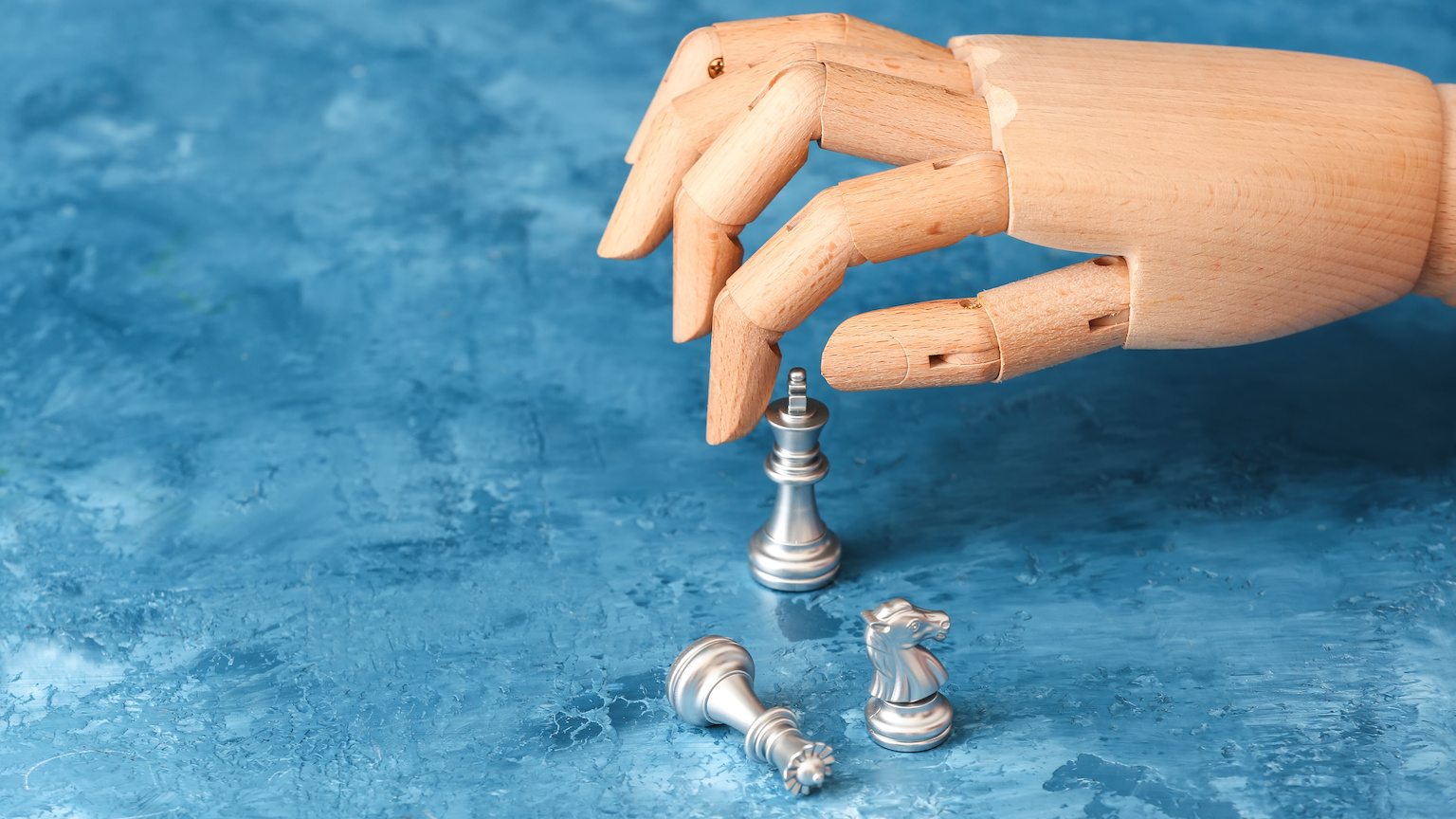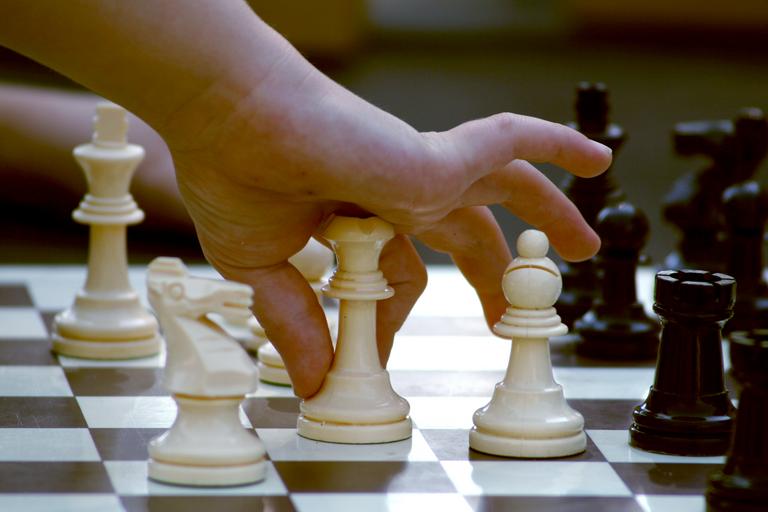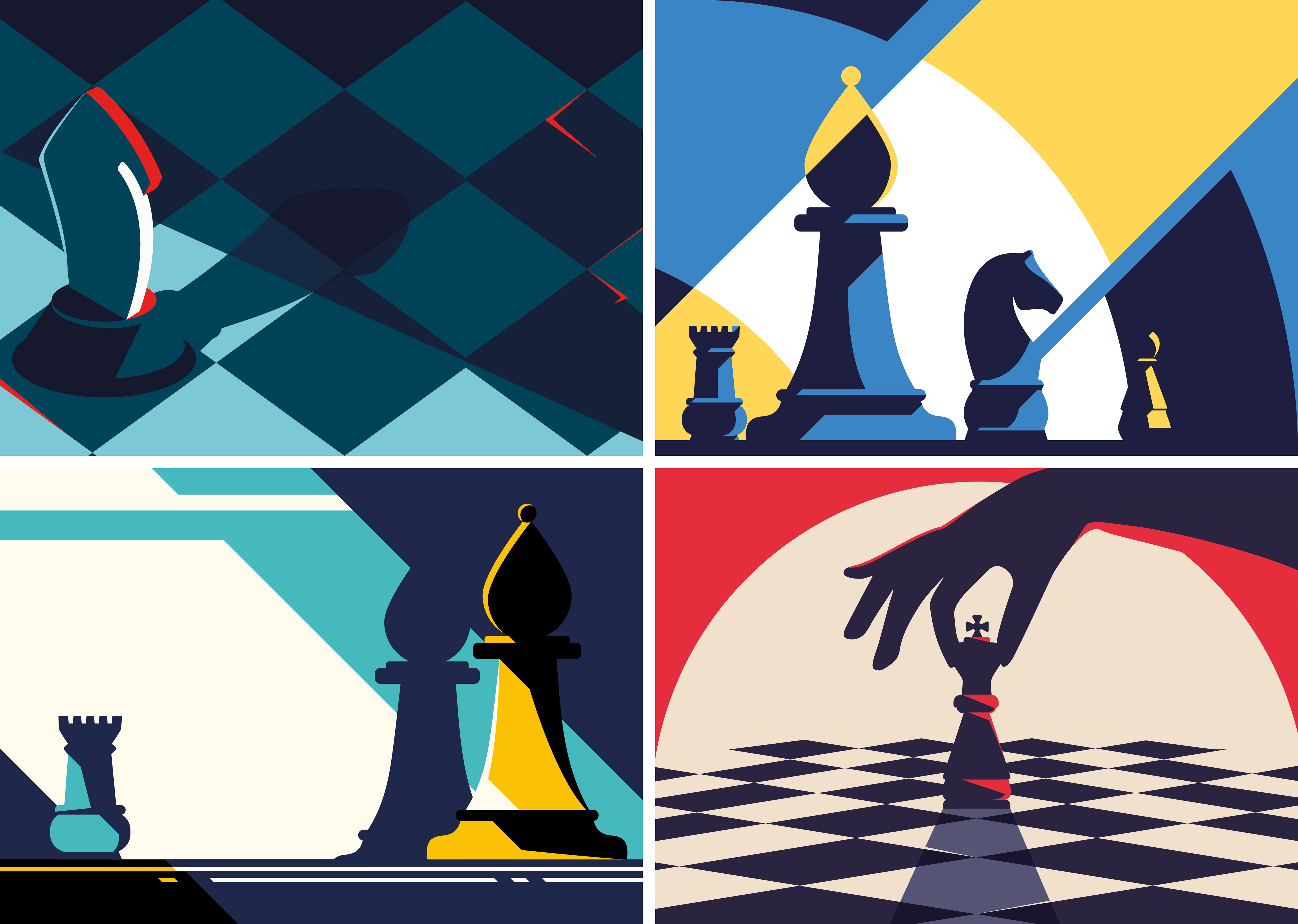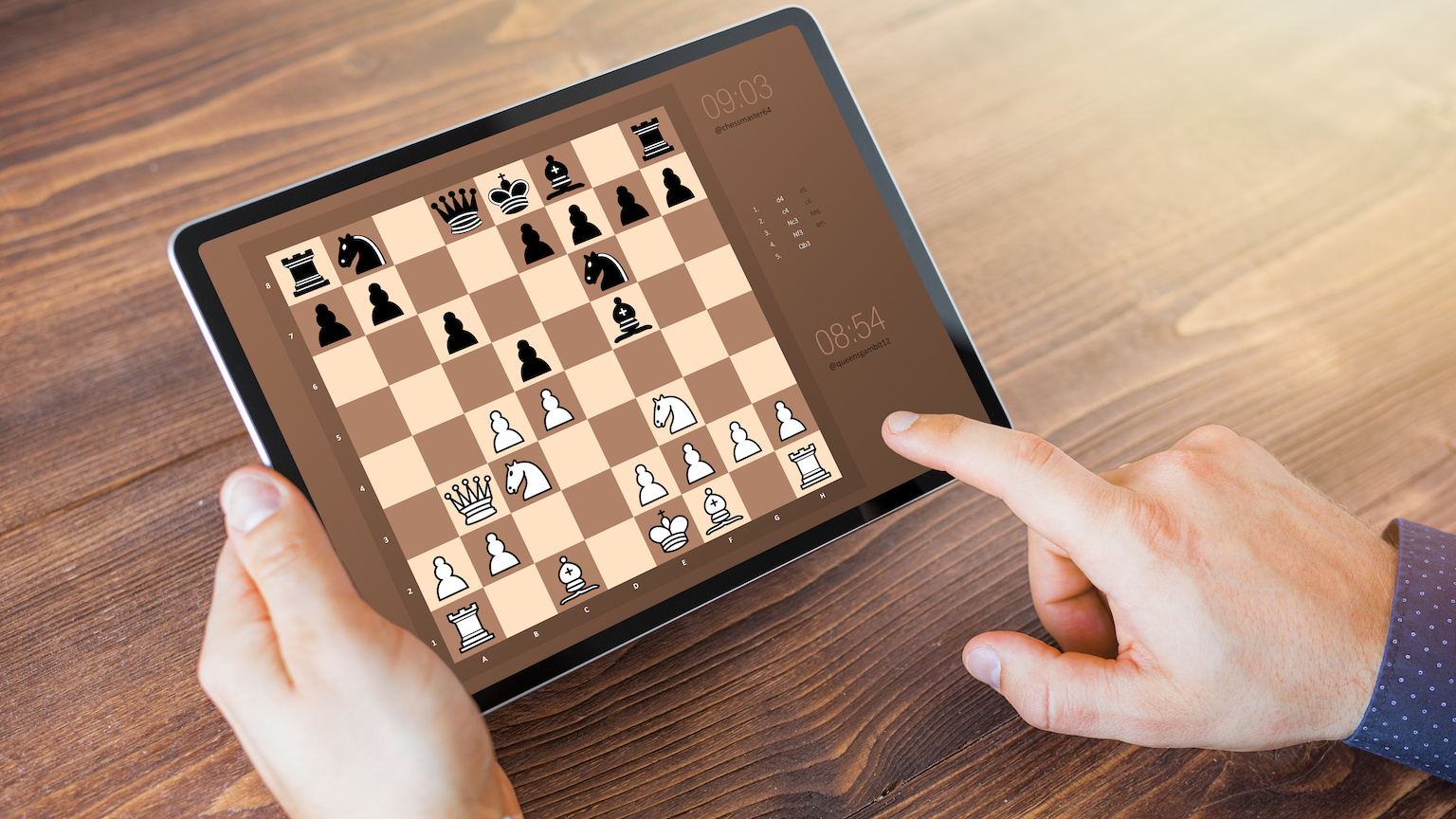If Hans Niemann cheated Magnus Carlsen at chess, this is how we would know
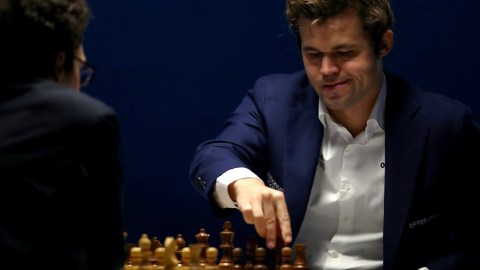
- The world chess champion, Magnus Carlsen, was just beaten in a live match by a little-known upstart.
- Rumors of cheating immediately began to spread.
- Elon Musk chimed in to suggest that the winner could have employed remote control anal beads.
Magnus Carlsen may be the greatest chess player of all time. He has been the world number one, continuously, for more than 11 years. He has held the world championship for nine years running. Carlsen had not lost a single tournament chess game, while playing the white pieces (which move first), in over two years. Until last week.
The magnitude of this upset is amplified by the player to whom he lost: 19-year-old Hans Niemann, an eccentric upstart who is ranked as the world’s 49th best player. Obviously, that is very good — but it’s not Magnus Carlsen-level good.
After the stunning loss, Carlsen disappeared from the ongoing tournament, abandoning the rest of his matches. His subsequent loaded tweet, along with analysis of the match, fueled a firestorm: Either the newcomer is a genius, or he has just cheated the world’s greatest player in a live match. If the latter, how could a player pull this off at a live chess tournament? And if he did, how would we know? The answers lie in the nature of computer chess and modern game preparation.
Computers don’t “think” like humans
A more pedestrian cheating technique relies on the sheer power of modern computer chess programs. While in 1997 Deep Blue was a nearly equal opponent for Garry Kasparov — another contender for the greatest chess player of all time — things have changed in the 25 years since. The world’s best computer chess program, Stockfish, is now far better than any human player. The world’s best chess players no longer bother to directly compete against computer chess engines. Instead, they partner with the engines, laying out a position and asking the computer to calculate the best moves. The computer chess engine is a tool for finding and testing new lines of play.
Human creativity is not bounded, but our calculation speed and memory are. Great players develop an intuition about the strength or weakness of any position. The computer’s creativity and intuition are poor imitations of those of a human, but the computer can trace and remember the outcomes of every move and countermove — known as ply — dozens of ply into the future, for many different move choices at once. Human players can “see” a few moves ahead on the board, but not at the scale of the computer.
Chess engines can also use lookup tables containing every possible outcome of a position, mechanically calculated in advance. Here’s a 1,153-GB table that contains the outcome of every single chess position with six pieces or less, known as endgames. A chess engine may also memorize the course of every opening line of play, or the entirety of every game ever played by top players.
If a grandmaster wants to beat another grandmaster, the best bet is to find a computer to tell them how. Certainly, Niemann would know: He has admitted to using a computer chess engine to cheat at online chess in the past. That past resurfaced as circumstantial evidence.
Cheating at chess
Cheating at online chess is common. Chess.com bans hundreds of accounts every day for suspected chess engine “assistance.” While the site doesn’t discuss how they determine cheating, it is likely that they compare human moves to those of a computer, looking for similarity. Human and computer analysis styles are different enough that the ideal move suggested by a computer is often not what a human, even a grandmaster, would play. Call it the difference between intuition and calculation. A player whose moves match the preferred plays of a computer chess engine like Stockfish with eerie regularity is (statistically) likely to be cheating.
Niemann’s play against Carlsen was consistently exceptional, though he made a few minor mistakes. Niemann’s moves may have shown an unusually high correlation with those suggested by the Stockfish engine, but not by so much as to prove cheating.
If a player were to use a computer to cheat in a top chess tournament, how could he receive the computer’s instructions during live play in front of his opponent? Upon re-entering the venue the day after his miraculous victory, Niemann was searched for radio transmitters and earpieces. He came up clean. Other methods of passing moves at live tournaments might involve signals from the audience or a hidden phone in the bathroom. The former is detectable by observers or video analysis during or after the game; the latter is probably only good for one or two instructions per game.
Grandmasters have implemented clever signaling schemes in live tournaments before and gotten caught. No evidence of that sort has surfaced in this case. A wild rumor is circulating online, spread by Elon Musk, that Niemann could have used radio-controlled, vibrating anal beads. There is, fortunately, no evidence for this either.
Other explanations
If it is true that Niemann cheated — and nobody knows if he did — there is another more mundane method. Carlsen, like other competitors of world-champion caliber, employs an entire professional team to help him prepare a plan for every match. These professionals are likely grandmasters themselves, and they study the possible outcomes that stem from the opening moves Carlsen is considering. They offer him advice, look for improvements, and point out possible pitfalls. While we have no evidence to suggest it, one of these men could have leaked the secret planned strategy to Niemann, allowing him to devise and memorize counter-tactics before the match.
Ultimately, Niemann deserves the benefit of the doubt. Even a brilliant player like Carlsen, supported by a million-dollar business and a support team of grandmasters, can make blunders and will eventually fall back to Earth. Carlsen did not play his best game. While Niemann certainly comes off as eccentric in interviews, and has cheated in the past, no clear evidence has surfaced that he cheated to beat Carlsen. A chess detective — yes, that’s a real thing, just like radio-controlled anal beads — investigated the situation and found nothing amiss.
For now, the gossipers in the chess world and the world’s richest man should probably butt out.
